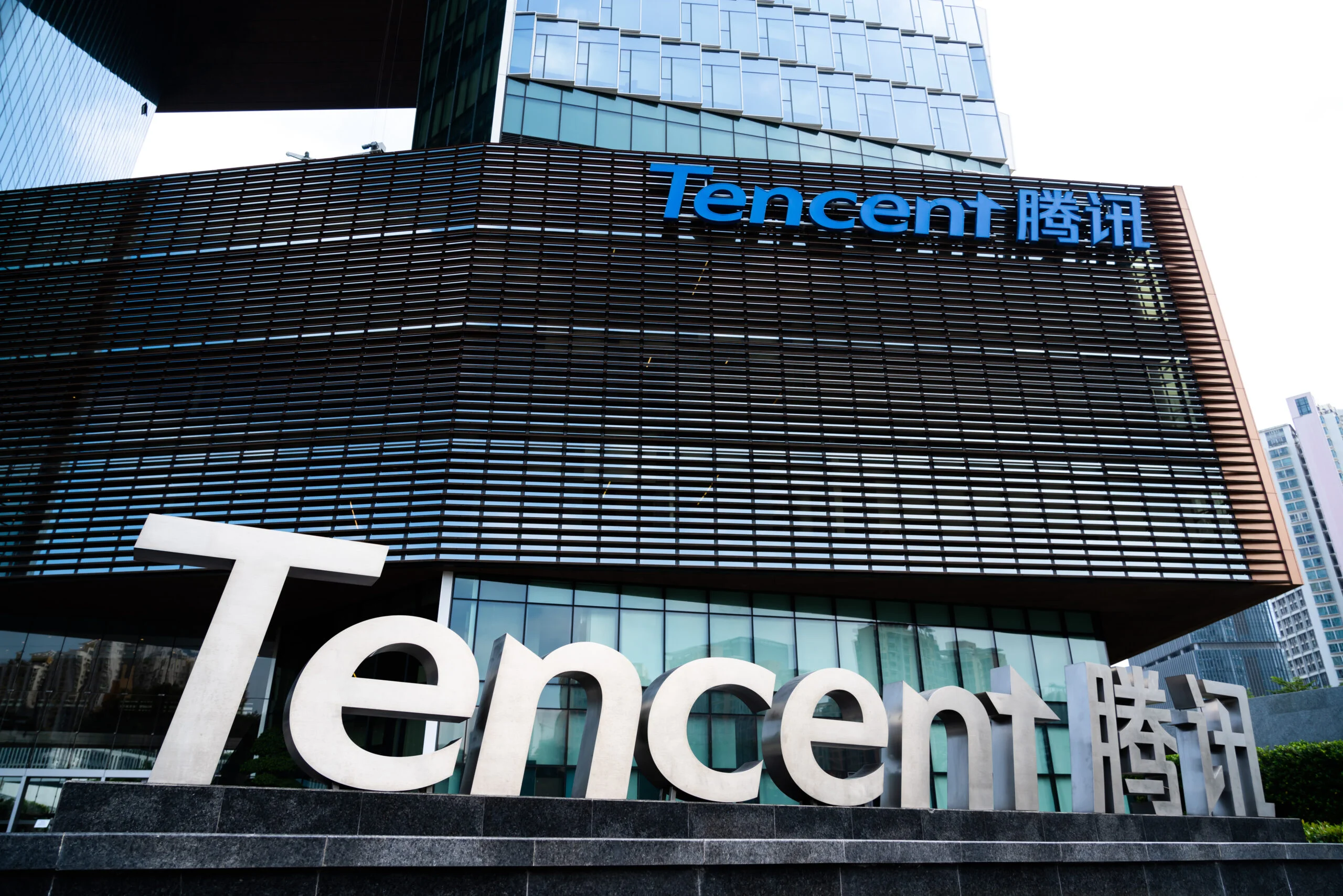
In recent years, China’s tech behemoths like Tencent Holdings and Alibaba Group Holding have pivoted towards significant investments in mainland real estate. This trend emerges amidst challenging economic conditions and stringent policy landscapes that both the technology and real estate sectors face.
The Rise of Tech Giants in Real Estate
Historically, Chinese Big Tech firms have focused primarily on digital innovation and online markets. However, a shift is noticeable as these companies, including social media and gaming titan Tencent, venture into real estate investments. Tencent‘s recent acquisition in Beijing’s Haidian district exemplifies this trend. The company has invested a staggering 6.42 billion yuan (approximately US$905 million) to secure over 70,601 square meters of land, as reported by the Beijing Municipal Commission of Planning and Natural Resources.
The move by Tencent, although substantial, is not just a financial venture but a strategic one. It reflects a broader pattern among tech giants diversifying their investments in response to the fluctuating tech landscape. The sector, reeling from years of regulatory changes, has compelled firms to rethink their operational and expansion strategies.
The Beijing land purchased by Tencent is not merely a real estate investment but a strategic decision to bolster the company’s infrastructural needs. Intended to cater to the company’s burgeoning demand for office space, the land will provide a stable and centralized working environment. A company representative highlighted the acquisition’s role in meeting Tencent’s long-term operational needs.
Tencent’s expansion in Beijing, where it already employs over 12,000 staff members, marks a significant step in cementing its presence in China’s tech hub. This expansion is not just a testament to Tencent’s growth but also reflects the company’s confidence in Beijing’s strategic importance in the tech industry.
The Broader Context: Tech Sector’s Struggle and Resilience
Tencent’s recent land purchase occurs against a backdrop of a recovering domestic technology sector. The past years have been tumultuous for Chinese tech firms, characterized by regulatory upheavals and economic headwinds. Despite these challenges, leading companies like Tencent demonstrate resilience, adapting to new norms and continuing to seek growth opportunities.
The tech sector’s journey hasn’t been smooth, with market fluctuations erasing billions in market value from top firms. Yet, this hasn’t deterred companies from pursuing ambitious projects. The government, recognizing the tech industry’s role in China’s digital future, continues to support its growth, albeit under tighter regulations.
The Chinese government’s approach to the tech sector has been a blend of support and supervision. While fostering growth and innovation, authorities have also imposed regulations to ensure market stability and ethical business practices. This balancing act aims to maintain China’s position as a global tech leader while safeguarding economic and social interests.
Tencent’s Long-term Vision in a Shifting Landscape
Tencent’s land acquisition in Beijing is more than a real estate investment; it’s a declaration of its commitment to long-term growth in China’s tech sector. Despite current market uncertainties and regulatory challenges, Tencent’s move signals confidence in the sector’s future and its role in it.
Tencent’s strategic land purchase marks a new chapter in the evolution of Chinese Big Tech firms. As these companies navigate through economic and policy headwinds, their foray into real estate and other sectors highlights their adaptability and vision. Tencent, like its peers, is not just surviving but evolving in China’s dynamic market landscape, poised to play a key role in the nation’s digital economy.
Featured Image courtesy of Google Images
